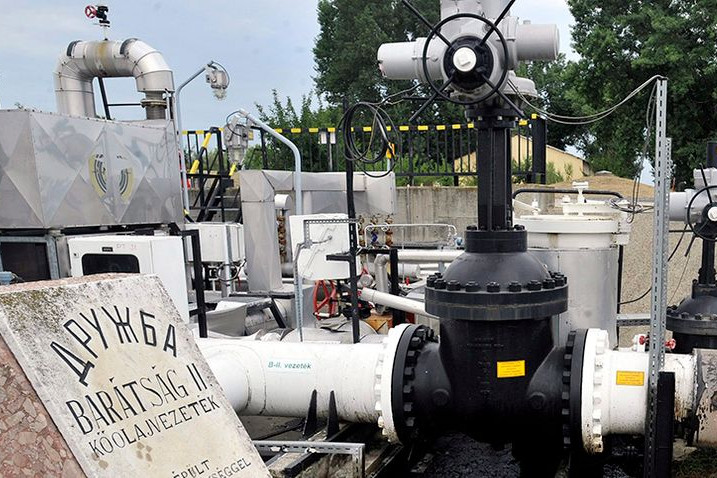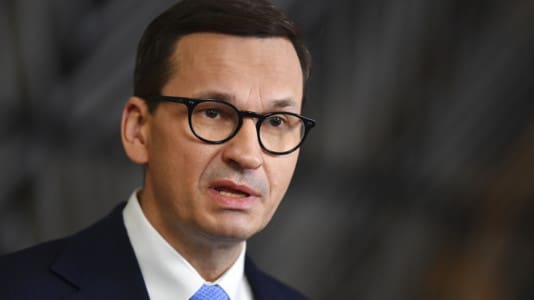After the swift intervention of Hungary’s MOL and Slovakia’s Slovneft oil companies, crude oil transport resumed on the Druzhba Russian pipeline, but this only means that the region’s fuel supply is back to the shaky state it was in before the Russians stopped deliveries, according to Hungarian business portal Világgazdaság.
As Remix News reported on Wednesday, Ukraine stopped oil transfers through the country on Aug. 4, as it did not receive the transit fee from Russian oil transport company Transneft. News agency Bloomberg reported that Russia initiated the transfer — due in advance for each month — on July 22, but the money bounced back on July 28 since banks would have required national regulators’ approval due to the sanctions against Russia.
This should not have happened as Hungary, Czechia, and Slovakia — all of which depend on Russian crude — received an exemption from participating in the EU’s sixth sanctions package regarding Russian oil. Hungary and Slovakia began negotiations on the transfer of the transit fee on July 28 and yesterday MOL transferred the transit fee.
However, Világgazdaság writes the resumption of deliveries will only be a partial relief, as three of the region’s five refineries — Schwechat in Austria, Litvinov in Czechia, and Százhalombatta in Hungary — are currently not operating for various reasons.
The three Central European countries (Czechia, Hungary, and Slovakia) remain heavily dependent on Russian crude, as their refineries can only process a limited amount of non-Russian crude. In addition, the state-capped fuel price in Hungary means that local gas retailers have no incentive to import fuel at global market prices.





